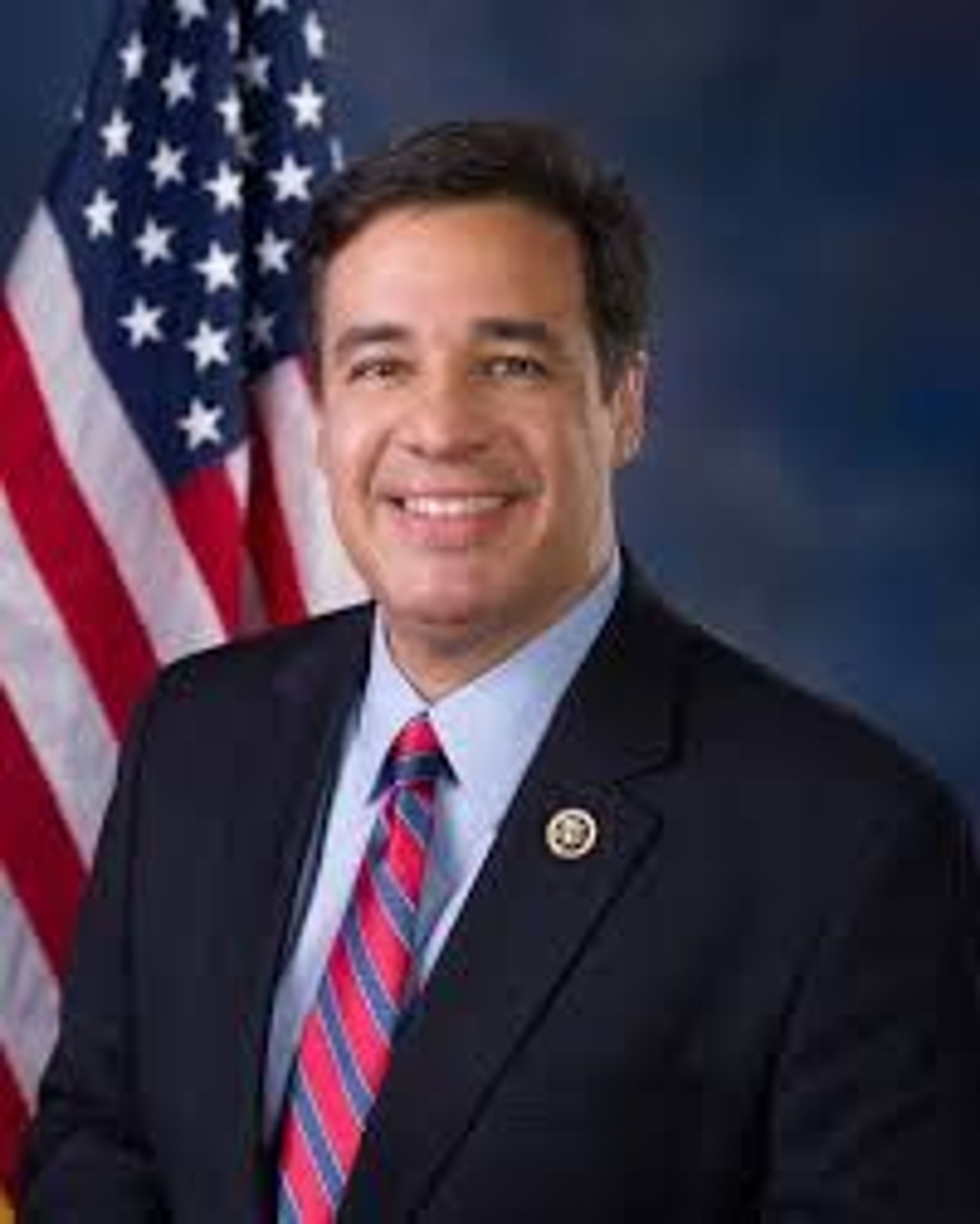Ruling removes barrier in UI’s bid to buy University of Phoenix
Judge dismisses Open Meetings case against Idaho State Board of Education
The University of Idaho’s bid to purchase the University of Phoenix has cleared a major hurdle this week.
Ada County District Court Judge Jason Scott on Tuesday dismissed an Open Meetings Law case involving the Idaho State Board of Education’s decision to pave the way for the transaction.
Scott dismissed the case with prejudice, meaning it cannot come back, and did not award relief to the plaintiffs.
Attorney General Raúl Labrador last June filed the lawsuit, arguing that the state board, acting as UI’s Board of Regents, had violated the Open Meetings Law in its closed-door meeting leading up to a public vote to allow UI to create a not-for-profit entity to acquire the online school.
Attorneys for the state board argued that Labrador seemed to be trying to delay the deal.
During the course of litigation, Labrador’s office had made more claims about why the executive sessions, which are not open to the public, may have made the final decision null and void. These included questions of whether an agenda was properly posted and whether an early meeting was too early to even be considered part of negotiations.
Scott had dismissed a number of those claims in an earlier ruling, Idaho EdNews reported.
The three-day trial that took place last week was focused on resolving the question of if UI was in competition with any other public entities for the purchase.
Under the Open Meetings Law, executive sessions may be held under narrow circumstances, including for “preliminary negotiations involving matters of trade or commerce in which the governing body is in competition with governing bodies in other states or nations.”
During the trial, UI President Scott Green testified that the University of Phoenix had always indicated there were competitors in the deal, Idaho EdNews reported. Board members had also said during depositions that they had been under the impression that there was competition.
In the findings of fact and conclusions of law document that was filed with the ruling, the judge goes through the timeline of the three executive sessions and process by which the board sought the acquisition. He notes that Green had told board members that there was “fierce competition” for the purchase and that the board’s Deputy Attorney General Jennifer Marcus had OK’d the closed meetings as compliant with the law.
Scott wrote that he thought that, given the circumstances, it was reasonable for board members to believe there was competition, even if this turned out not to be the case, and thus the executive sessions were in compliance.
“In practice, governing bodies use the information available to them in deciding whether an executive session is lawful,” Scott wrote. “The information available to them will not always be sound, even when it reasonably appears to be so.”
He wrote that while it wouldn’t be enough if the board simply thought a transaction might be of interest of other public entities, if there was “reasonable belief that it is in competition with at least one governing body,” that would be sufficient under the law, even if that turns out to be incorrect.
Labrador said in an emailed statement that the standard set by the judge in his ruling is too low in his view, and he thought the court misinterpreted that law. He said he make seek further litigation.
“The law requires much more of its officials than the District Court required, and it provides much greater protection to the public than the District Court gave,” Labrador said in the emailed statement. “The District Court’s ruling will lead to far less government transparency and accountability. That is bad for Idaho citizens, and it defies the entire purpose of the law. We are looking closely at all appellate options to ensure Idaho’s Open Meetings Law remains a bulwark for openness and government accountability.”
“Because the Board of Regents reasonably believed at the time of the May 15 executive session that it was in competition with the governing bodies of one or more public agencies in other states to acquire the University of Phoenix, most notably the University of Arkansas, section 74-206(1)(e) permitted that executive session,” he wrote.
State Board President Linda Clark said in a written statement that the board is “disciplined” in following the Open Meetings Law.
“It is alarming to get sued by your own lawyer, Attorney General Labrador, for listening to the advice of his own staff,” Clark wrote. “The Attorney General’s lawsuit has taken an extraordinary amount of time and resources over the last seven months. Regardless, we are pleased the court recognized the State Board followed the law. We are eager to put this unnecessary litigation behind us and will continue our pursuit of payment of legal fees by the Attorney General’s Office.”
A UI spokesperson said the school administrators will continue to seek the acquisition.
“We appreciate the court’s decision and are pleased that the open meeting/executive session practices of our Board of Regents were found to be sound,” spokesperson Jodi Walker wrote in an email. “We look forward to completing our affiliation with the University of Phoenix in the coming months and bringing this unique opportunity to the citizens of Idaho.”
Guido covers Idaho politics for the Lewiston Tribune, Moscow-Pullman Daily News and Idaho Press of Nampa. She may be contacted at lguido@idahopress.com and can be found on X @EyeOnBoiseGuido.










